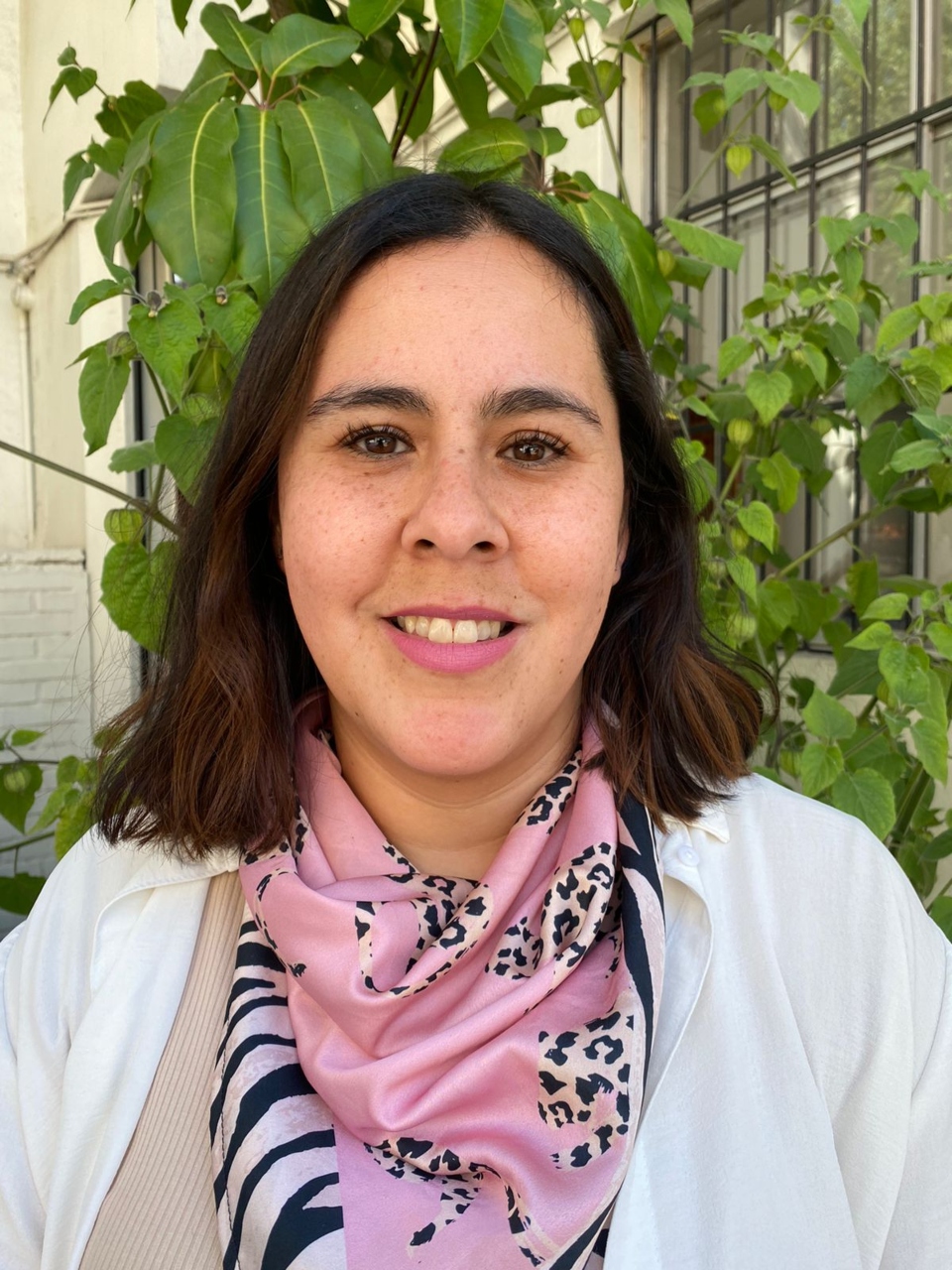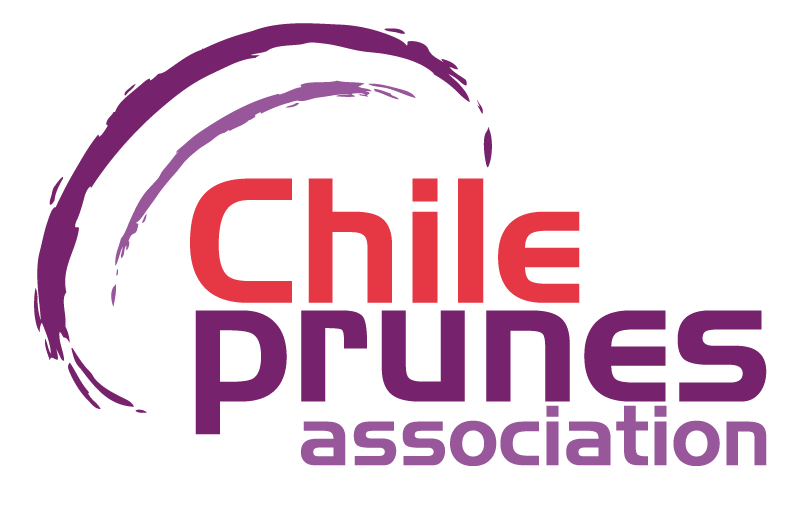It has already been about 18 months of work to establish a sustainability standard for the Chilean prunes industry. “A tremendously collaborative period, with the participation of some 600 industry actors, not only companies and their suppliers, but government and academic entities,” says Karina Orellana, consultant at the Inter-American Institute for Cooperation on Agriculture (IICA).
In this project led by Chileprunes, the Trade Association of Prunes Processors and Exporters of Chile, “there has been a participatory dynamic since the beginning of the construction of the standard, which is worth highlighting, as well as the fact that we are building the first global standard for prunes,” says the specialist.
Indeed, among the benefits of the certification will be being one of the first companies in the world to receive a sustainability certificate in the prunes sector. Something relevant for consumers who are looking for this type of products, they are interested in their traceability and compliance with ESG standards.
On the other hand, the standard is presented as a comprehensive and flexible management tool that guides companies, in the short, medium and long term, regarding how to advance in terms of sustainability, indicates Karina Orellana.
In Audit stage
The 28-month project is divided into 4 stages: standard development, audit, training and certification.
To date, a mapping of actors has been carried out; a survey to prioritize areas (with massive participation), the formation of governance bodies, as well as the delivery of two standards, one linked to primary production in the garden, and another, related to the agroindustrial process, with emphasis on drying and tenderizing of the fruit.
“Since June of this year and until December, we are in a second stage that we have called Audit piloting, identifying technical gaps in the two stages,” adds Karina Orellana. In this pilot stage, a total of 45 companies will be visited, both primary production (farms and fruit orchards), as well as agro-industrial firms, “showing a very good willingness to collaborate and high participation.
At the same time, the final adjustments are being made to the standard, details to improve such as the wording of the actions, incorporating new means of verification proposed by other actors, and allowing them to show their progress in sustainability.
Continuing with the agenda, it is expected that the training process will begin at the beginning of 2024, and for this, a platform will be generated where material will be hosted so that any company that wants to be certified can take the material as a reference.
The first companies that are seeking certification will have the support of the technical team that has been behind this process.
Together with Chileprunes and IICA, the Executive Committee in charge of the “Design of a Sustainability Standard for the Agroindustrial Sector of Dried Plums” is made up of the Sustainability and Climate Change Agency (ASSC), the Foundation for Agrarian Innovation (FIA) , an agency of the Ministry of Agriculture, and the Office of Agrarian Studies and Policies (ODEPA).



